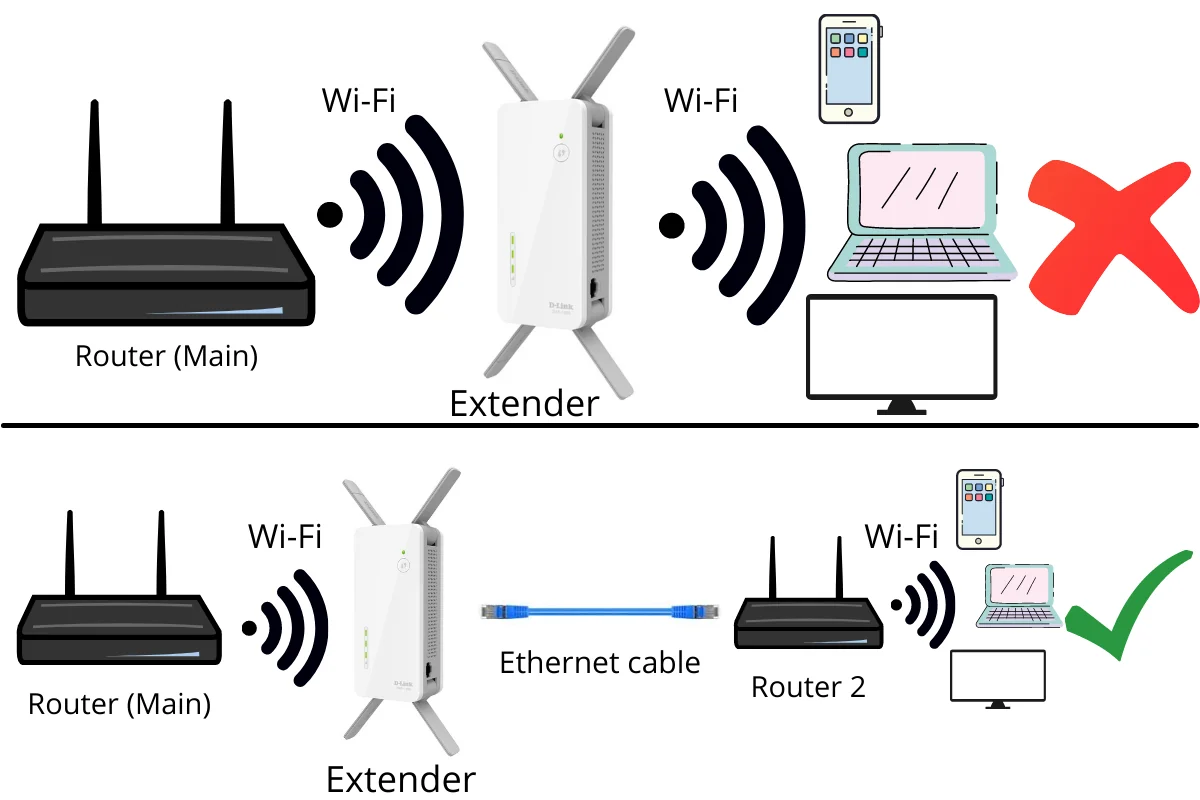Quantum computing, with its ability to process information in ways that classical computers cannot, has the potential to revolutionize various fields, including quantum physics research. Quantum physics explores the fundamental principles that govern the behavior of matter and energy at the smallest scales, and quantum computing offers new tools and capabilities for exploring and understanding these principles in greater depth. In this article, we’ll explore the impact of quantum computing on quantum physics research and how it is shaping the future of scientific inquiry in this field.
1. Simulation of Quantum Systems
One of the most significant impacts of quantum computing on quantum physics research is its ability to simulate complex quantum systems with unprecedented accuracy and efficiency. Classical computers struggle to simulate large-scale quantum systems due to the exponential growth in computational resources required as the system size increases. Quantum computers, on the other hand, leverage the principles of quantum mechanics to simulate quantum systems naturally, allowing researchers to explore phenomena such as quantum entanglement, superposition, and quantum phase transitions with greater precision and insight.
2. Optimization of Quantum Algorithms
Quantum computing also holds the potential to optimize quantum algorithms used in quantum physics research, enabling faster and more efficient calculations and simulations. Researchers are developing quantum algorithms specifically tailored to quantum computers’ unique capabilities, such as Shor’s algorithm for integer factorization and Grover’s algorithm for database search. These optimized algorithms have the potential to revolutionize quantum simulations, cryptography, and optimization problems, opening up new possibilities for scientific discovery and technological advancement in quantum physics research.
3. Exploration of Quantum Machine Learning
Quantum computing is also driving exploration into the field of quantum machine learning, where quantum algorithms and techniques are applied to solve machine learning problems. Quantum machine learning holds promise for enhancing data analysis, pattern recognition, and predictive modeling in quantum physics research. Researchers are investigating the potential of quantum neural networks, quantum clustering algorithms, and quantum reinforcement learning techniques to extract insights from large datasets, identify hidden patterns, and accelerate scientific discovery in quantum physics and other domains.
4. Breakthroughs in Quantum Cryptography
Quantum computing is poised to revolutionize quantum cryptography, a field that relies on the principles of quantum mechanics to secure communication channels and data transmission. Quantum computers have the potential to break conventional cryptographic schemes based on mathematical problems that are hard for classical computers to solve, such as integer factorization and discrete logarithm. In response, researchers are developing quantum-resistant cryptographic protocols and quantum key distribution techniques to ensure secure communication in the quantum computing era, paving the way for future advances in quantum physics research and beyond.
5. Advancements in Quantum Information Science
Quantum computing is driving advancements in quantum information science, a multidisciplinary field that studies the fundamental principles of quantum mechanics and their applications to information processing, communication, and computation. Quantum information science encompasses quantum cryptography, quantum communication, quantum error correction, and quantum algorithms, among other areas. Quantum computers serve as testbeds for exploring novel concepts and phenomena in quantum information science, providing researchers with new insights into the nature of quantum systems and their potential applications in quantum physics research and beyond.
Conclusion
Quantum computing is revolutionizing quantum physics research by offering new tools, capabilities, and insights into the fundamental principles that govern the behavior of matter and energy at the quantum scale. From simulating complex quantum systems to optimizing quantum algorithms, exploring quantum machine learning, and advancing quantum cryptography and information science, quantum computing is shaping the future of scientific inquiry in quantum physics. As quantum computing technologies continue to evolve and mature, they promise to unlock new frontiers in understanding the mysteries of the quantum world and driving innovation in quantum physics research and beyond.
FAQs
What is quantum computing?
Quantum computing is a computational paradigm that leverages the principles of quantum mechanics to process and manipulate information in ways that classical computers cannot. Quantum computers use quantum bits, or qubits, to represent and manipulate data, enabling them to perform certain calculations and simulations exponentially faster than classical computers.
How does quantum computing impact quantum physics research?
Quantum computing has a significant impact on quantum physics research by enabling researchers to simulate complex quantum systems, optimize quantum algorithms, explore quantum machine learning, advance quantum cryptography, and drive advancements in quantum information science.
What are some applications of quantum computing in quantum physics research?
Some applications of quantum computing in quantum physics research include simulating quantum systems, optimizing quantum algorithms, exploring quantum machine learning, advancing quantum cryptography, and driving advancements in quantum information science.
What are qubits?
Qubits, or quantum bits, are the basic units of quantum information in quantum computing. Unlike classical bits, which can represent either a 0 or a 1, qubits can exist in a superposition of states, allowing them to represent both 0 and 1 simultaneously. This property enables quantum computers to perform multiple calculations or simulations in parallel, leading to exponential speedups in certain tasks.
How does quantum computing contribute to scientific discovery?
Quantum computing contributes to scientific discovery by providing researchers with new tools, capabilities, and insights into the fundamental principles of quantum mechanics. By simulating complex quantum systems, optimizing quantum algorithms, exploring quantum machine learning, advancing quantum cryptography, and driving advancements in quantum information science, quantum computing accelerates scientific discovery and innovation in quantum physics research and beyond.



